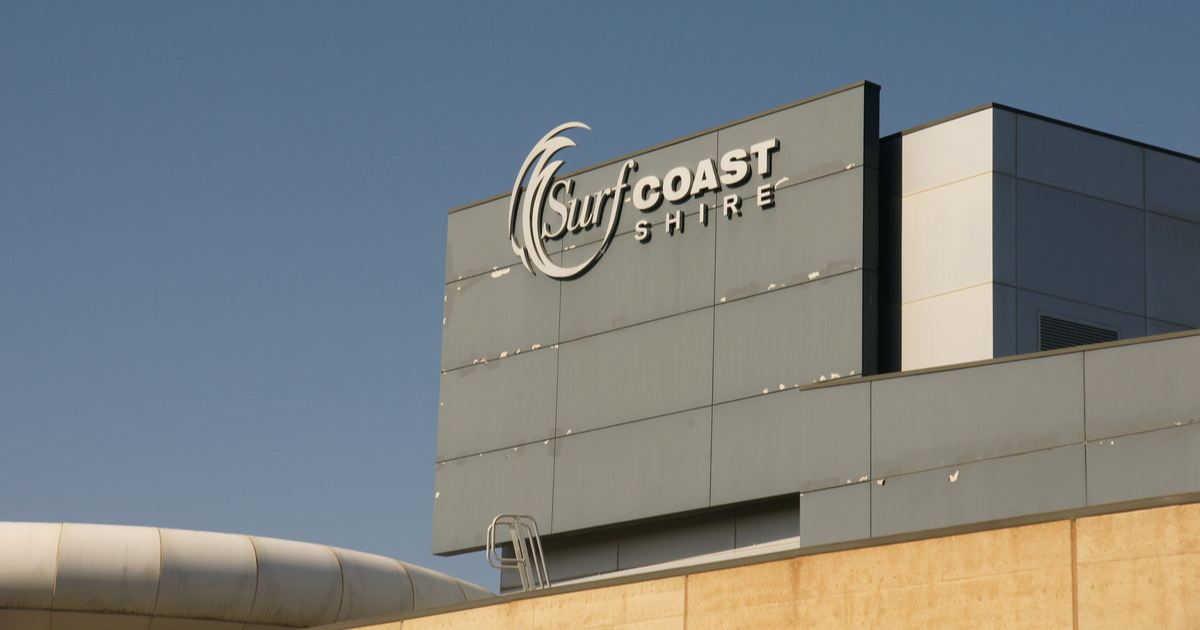Alcoa’s groundwater extraction plan raises environmental concerns

Alcoa has lodged a licence application to use groundwater to fill its former coal mine in Anglesea, but community groups are concerned this will result in another acidic body of water. Photo: FACEBOOK/GUY WARD
ALCOA is again seeking to use groundwater from the aquifer beneath the Anglesea River catchment to help rehabilitate its former coal mine, creating a body of water it says will provide environmental and social benefits to the community.
The mine operator has lodged a licence application with Southern Rural Water seeking to extract the equivalent of approximately 600 Olympic-sized swimming pools each year for up to 10 years.
It says this approach will accelerate the return of the site to the community, providing environmental benefits sooner than a natural fill strategy, which Alcoa estimates would instead take about 50 years.
Local group Friends of the Anglesea River (FOAR) has been campaigning for more than four years to end groundwater extraction at the site and say they are “firmly opposed” to Alcoa’s application.
“We are convinced that the 46 years of exploitation of that aquifer has led to a drying out on the surface and increased acidity, which then flows inevitably into the Anglesea River,” FOAR founder Keith Shipton said.
“The flows into the Anglesea River are almost negligible compared to what they used to be. For instance, even though we’ve had quite a bit of rain over the last few weeks, there’s been no flows whatsoever from that entire catchment into the river.
“Which in some ways is a good thing, because whatever flows down from the catchment is acidic and the lack of flows is protecting the river from another major fish kill – but that is inevitable anyway.”
Alcoa has long rejected the suggestion that groundwater extraction at the site is linked to the Anglesea River’s ongoing struggle with acidification and the resulting loss of marine life.
But FOAR point to a 2022 report by University of Melbourne’s Professor Ralf Haese that argues the extraction has led to a lowering of the groundwater level far beyond the mine, reducing flows into nearby creeks and negatively impacting the water quality.
Mr Shipton said FOAR were concerned that if Alcoa is given the green light to pump water into its mine pit, as the mine pit is lined with acidic soils, the new water body will become acidic as well.
“I think mine remediation is going to be one of the environmental issues of the next decade or two. This is probably a bit of a test case,” he said said.
“We’ve got a 20th century approach to mine rehabilitation and we’re well into the 21st century. It’s a very unsophisticated, lowest cost option.
“We call on the state government to put a bit of money into research to understand fully how this whole ecosystem operates because there could be major and unintended consequences in the future.
“In the future, Alcoa will be long gone and we, the Victorian taxpayer, will be possibly left with some really expensive bills.”
On Tuesday, Southern Rural Water said in a statement that it would consider Alcoa’s application “under a rigorous and transparent process”.
“If the application is determined to have all the required information, Southern Rural Water will provide the community and stakeholders with an opportunity to provide feedback,” a spokesperson said.
“All applications of this type are advertised publicly, and Southern Rural Water is required to consider and give weight to issues raised by local communities and other interested parties.”

















